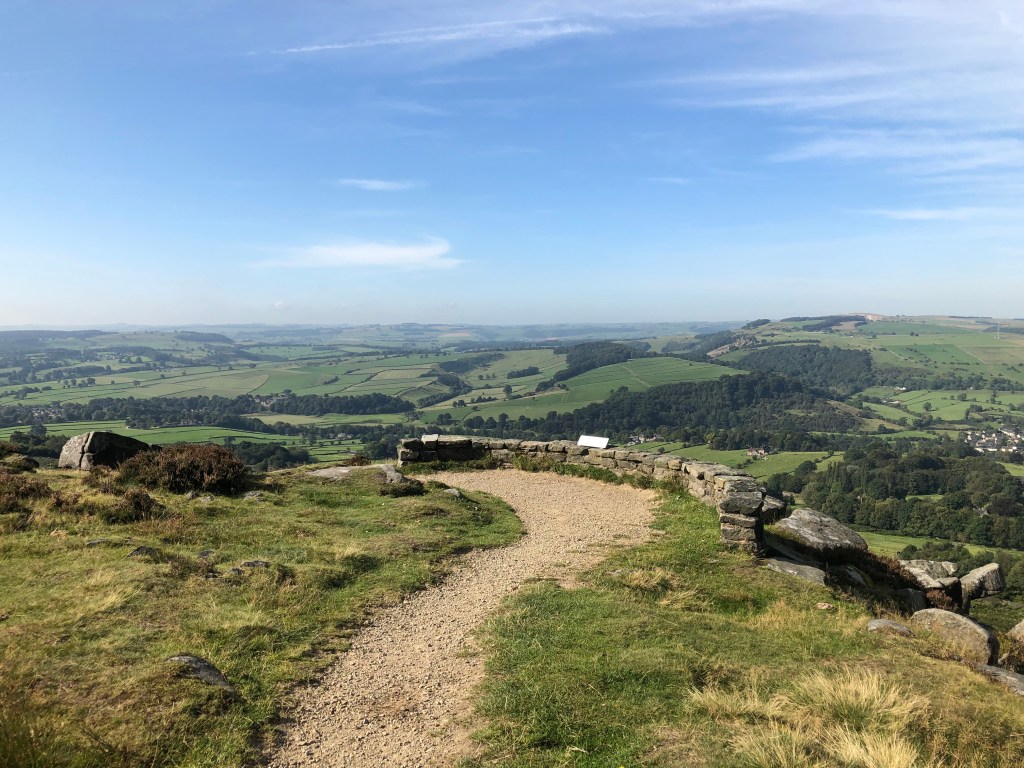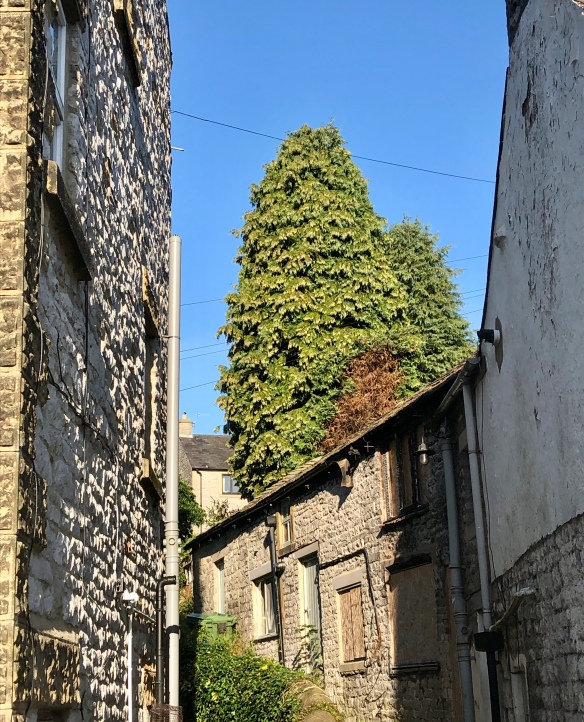 When you’re a writer, reviews are part of life. However, for some reason, even if we have twenty-seven five-star reviews, we tend to focus on the single two-star review among them, like obsessing over a rotten apple among a basket of perfect rosy fruit, rather than chucking it out and making a lovely pie with the remainder.
When you’re a writer, reviews are part of life. However, for some reason, even if we have twenty-seven five-star reviews, we tend to focus on the single two-star review among them, like obsessing over a rotten apple among a basket of perfect rosy fruit, rather than chucking it out and making a lovely pie with the remainder.
This is because bad reviews hurt. Of course they do. Someone has taken our book baby and said mean things about it, about all the months and years of hard work and pouring our innermost selves onto the page. But it is a reader’s right to do so. And, if you look at it, the occasional bad review isn’t always a negative thing. How can you think that, you shriek, brandishing the offending text. Well, here’s why:
Somebody cared enough to write a review I know, I know – it would be nice if everyone who enjoyed your book left a review. However, the point of art is that it moves people. And if someone felt strongly enough about your book that they needed to leave a review, whether negative or positive, then it means you’ve succeeded in that respect.
They add credibility to your listing We all know that author. The one with ninety-seven reviews, none of which are below four stars. But out of all the people who read their book, is it really believable that the percentage who left reviews (usually 5-10% of total readers), all absolutely loved it? I mean, maybe they did. Maybe that person was just lucky, or wrote a truly exceptional book. However, art usually doesn’t work that way. There are always going to be people who don’t like what you do, for whatever reason. As the saying goes, you can please some of the people all of the time, or all of the people some of the time, but you can’t please all of the people all of the time. I’ve known reviewers who tell me they look for the two and three star reviews when buying a new book, as they feel they help to create a more honest and balanced picture of the novel.
Free feedback Okay, this might hurt a bit. However, if you’re getting the same specific element in your work flagged over and over in your reviews, or the negative reviews outweigh the positives, then you might need to consider that there’s an issue with your manuscript. If you’re an indie, you can choose to revise the edition. Or, simply take it on board as a learning experience for your next book.
(Of course, there are exceptions to every rule. Reviews that troll, or personally attack the author, are a different thing altogether, and should be addressed by the platform. This happened to an author friend of mine, who was getting pretty good reviews for her first novel. However, one day she received a one-star review that attacked her personally, as an author and a person, rather than focusing on what the reader didn’t like about her book. She put in a complaint to Amazon who, after looking at the review, agreed it contravened their policy and took it down.)
However, none of this changes the fact that a bad review can hurt. Therefore, here are a few coping techniques that may alleviate the sting:
A praise journal. Someone said something nice about your writing? Messaged you personally? Sent out a tweet? Wrote a particularly fab review? Gave you some flattering feedback? Gather all these lovely morsels of goodness together into one document and create your very own praise journal. And, when you get hit with some not-so-great feedback, open your praise journal and read a few soothing excerpts. Focus on the positive, rather than the negative.
Put it into perspective. Think of a book you absolutely love, a five-stars-all-the-way, howcanyounotlikeitareyoucrazy read. Then go and check the reviews. I can guarantee you that, if it’s a bestseller, there will be hundreds, if not thousands, of negative reviews. But how can that be, you might ask. This book changed my life/rocked my world/inspired me to new levels of creativity. How can anyone not LOVE it? Well, see my point above about art and take this as a reminder that your book, while undoubtedly excellent, isn’t going to appeal to everyone. If your fave writer in the world gets bad reviews, yet is still a success, the same also applies to you.
Remind yourself that you are a writer, and it’s part of the process. Like piles of rejection letters, or editorial comments about how your story is good but not quite good enough, bad reviews are simply more thorns among the roses of a writing life. Someone (not me) once said, to be a writer, you need a thick skin. We do – but only at this stage in the process. To write good stories, stories filled with emotion and drama and love and loss, our skins need to be parchment-thin, allowing all the glorious words to seep out onto the page. We only need to put our armour back on when it comes to sending it out into the world. So strap on your armour and count it as another war wound, another scar to prove your writerly worth.
Create something new. Isn’t that why we keep doing this, after all? The rush of a new creation coming to life, of words and worlds appearing on the page. Move forward, take what you’ve learned, and keep creating. Just because someone doesn’t like your work, doesn’t mean it’s not good or doesn’t have merit. Take inspiration from the words of the late great David Bowie: ‘Never play to the gallery. Never work for other people in what you do.’ Just keep writing. It’s good for the soul.
In case you’re wondering, I didn’t write this post to make myself feel better about getting a couple of not-so-great reviews, or as an invitation to give me a bad review. I’ve been writing for fifteen years, and have had (several!) bad reviews already, as well as many many rejections. Instead, this is about sharing my methods for coping and moving forward, for focusing on the positive, rather than the negative. As writers we’re all out here battling – for visibility, to get that deal, to finish the story, to get a new story idea, to catch a break, to find new readers, to make a living in an increasingly crowded and low-paying marketplace. But we do so because we love it, because we have a fantastic writing community around us, and because we can’t not do it. So, let’s share the love and remind ourselves, we are not alone.
Happy writing!
Enjoyed this post? Want to read more? Find me on Twitter @AuthorHelenJ, Facebook, Instagram and Pinterest. Plus my latest book release, Under Stone (Ambeth Chronicles #4), is now available on Amazon. Visit my Amazon Author Page to see more.

















